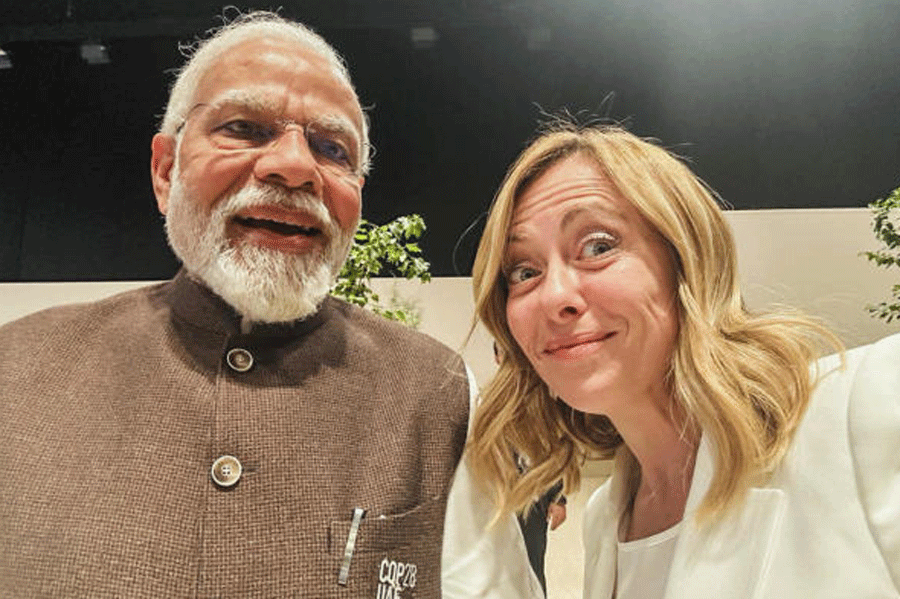Hospitals are highly vulnerable to the effects of climate change, which might impair their ability to provide emergency care to victims of climate change-triggered weather events, suggests a new global study released from London on Saturday.
India is worst-placed in terms of the gross number of hospitals likely to be affected, according to a sample survey cited in the report, which comes a day before the first-ever Health Day is observed at the Dubai climate summit.
One in 12 hospitals around the world could face partial or total shutdown from extreme weather events triggered by climate change by the end of the century if countries continue to emit unabatedly, says the study, “Global Hospital Infrastructure Physical Climate Risk”, carried out by XDI (Cross Dependency Initiative).
India accounts for 5,120 of the 16,245 hospitals identified in the sample survey as likely to be affected globally. However, proportion-wise, India’s vulnerability figure of around 10 per cent of the sample assessed is lower than those of several countries, including China and Japan.
The report says that in India, the proportion of hospitals at high risk of being shut down by extreme weather events would be 5.7 per cent by 2050, and almost 10 per cent by the end of the century if emissions continue to be high.
On the proportional scale, the Central African Republic has been found to be the worst off -- with about 57 per cent of its hospitals vulnerable -- followed by Laos, the Philippines and Nepal.
Hurricanes, severe storms, flooding and forest fires are among the impacts of climate change identified in the report as likely to affect hospitals and deny the public access to medical help.
“What happens when severe weather results in hospital shutdowns as well?” Karl Mallon, director of science and technology with XDI, asked.
“Our analysis shows that without a rapid phase-out of fossil fuels, the risks to global health will be exacerbated further, as thousands of hospitals become unable to deliver services during crises.”
Mallon added: “All of these 16,245 hospitals will require adaptation; where practical… relocation will be the only option for many.”
The report says that “limiting global warming to 1.8 degrees Celsius with a rapid phase-out of fossil fuels would halve the damage risk to hospital infrastructure compared to a high emissions scenario”.
“If emissions are high, the risk of damage to hospitals around the world from extreme weather will increase more than fourfold by the end of the century. In a low emissions scenario, this increase in risk is reduced to just 106 per cent,” it says.
While the report considers a rise of 1.8 degrees Celsius over pre-industrial levels as low, a rise of 3 degrees or more has been projected under a business-as-usual scenario.
Although the Paris Agreement pledged to contain the global temperature rise within 1.5 degrees Celsius, experts say that limiting the rise to 1.8 degrees is possible only under the best emission scenario.
Eloise Todd, executive director of Pandemic Action Network, a global health advocacy group, said: “The human impact of 1 in 12 hospitals shutting down – and up to 1 in 5 in Southeast Asia – would be nothing less than catastrophic.”
Todd added: “The chain reaction that climate change puts into action must be stopped at the source by ending the burning of fossil fuels.”
An India observer in Dubai, who works with health issues, said: “The figures are quite along expected lines. Domestically, climate change hardly gets the attention it deserves --- far less when you consider its impact on health in general and health systems in particular.”
On Friday, Prime Minister Narendra Modi had tom-tommed India’s “success” in combating climate change in front of a global audience.










